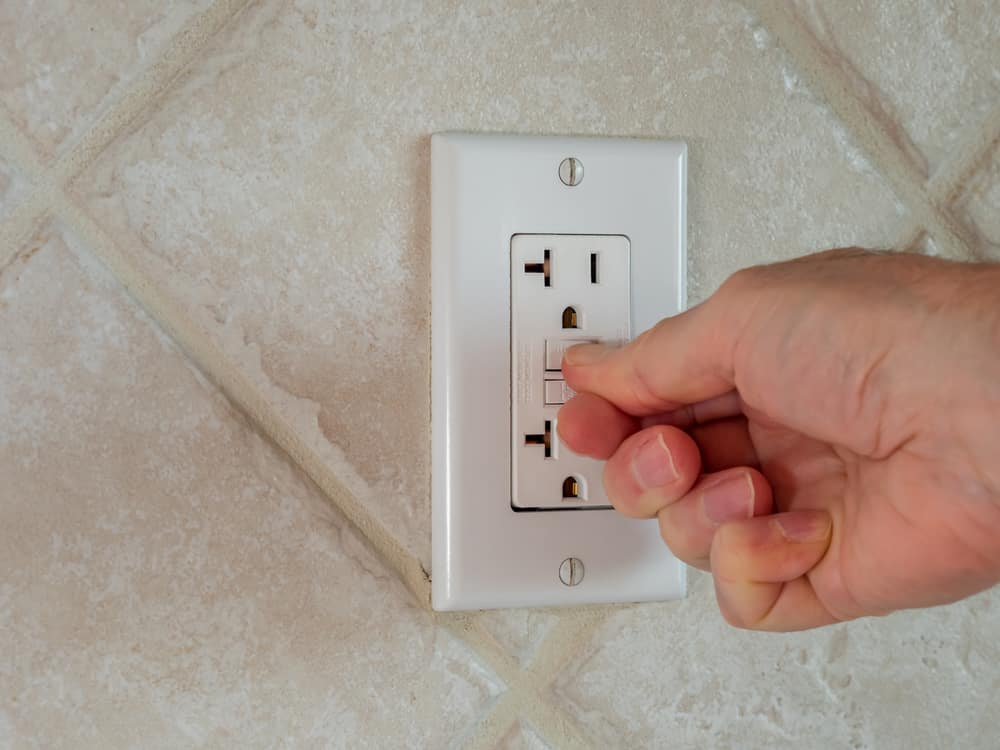
Most camping enthusiasts already own large vehicles like motorhomes and RVs. This is because these come with numerous features that are designed to keep campers at ease. This includes having rooms that are furnished as well as lots of storage. Keeping this in mind, enthusiasts can go out for long trips while staying relaxed and not having to worry about their equipment.
Though, most of the features on your vehicle depend on where you purchase it from. This is why you will notice most enthusiasts going through different brands to ensure they get the best possible vehicle. With that being said, no matter how good your vehicle is, it can still run into problems if you do not take care of it properly. One common issue that people run into is the GFCI breaker tripping in their RV. If you are getting the same problem then here are some steps that can be used to fix this.
GFCI Keeps Tripping In RV
1. Check Electrical Connections
One of the best things about your RVs is that you get to use electrical appliances even when traveling. Although, the GFCI tripping can be quite annoying as this stops you from using the outlets. Keep in mind that this feature is installed to keep all of the appliances in your vehicle secure. A sudden electrical surge can damage any equipment that was connected to your outlets.
Although, the GFCI tripping simply cuts off the connection, protecting all of your appliances as a result. Considering this, there are several reasons why this can happen. But you must understand all of these so that you can prevent the problem and also fix it as soon as possible. The first thing that you can get started with is checking the voltage on your outlets.
Testing electrical sockets can be dangerous which is why you should contact a specialist instead. They will both find the problem as well as fix it for you. Though, if you want to do this on your own then you can use a voltmeter to take readings. Compare the results for all of your outlets with the standard results.
This should help in confirming if there are any fluctuations in current. If you notice that some of your outlets are damaged then replacing these should help in fixing the problem. On the other hand, if all of your outlets have the same issue then move on to the next step.
2. Check Your Batteries and Generator
In some cases, the problem you are getting can be from the backend instead. This can either be your generator or the batteries. Depending on which device you are using to power up your vehicle, one of these can be responsible for the problem. There are several things that you will have to check on these devices and both of them require different troubleshooting steps.
As for the batteries, you can start by checking their connections. Make sure that these are tightly attached and the battery is filled up with water. After this, you can examine the terminals to check if there are any sulfate layers formed on them. If there are then you will have to remove these. The layer can interrupt the connection which prevents electricity from passing through it.
If you notice that this is stuck then you can pour warm water on it to clear it. When it comes to generators, these devices can be a little tricky to test on your own. This is why it is better that you go to the next step instead of trying to fix it yourself. One thing that you can try before this is taking off some of the load from your generator.
3. Contact Customer Support
If you are still getting the same problem even after going through the steps mentioned above. Then there is a high chance that there is something wrong with your vehicle. There are tons of things that you will have to troubleshoot on your own. This is why you should try contacting the support team for your generator or vehicle. The team should look into the problem and provide you with a solution. Alternatively, they will ask you to bring your vehicle to them and fix the issue for you.
